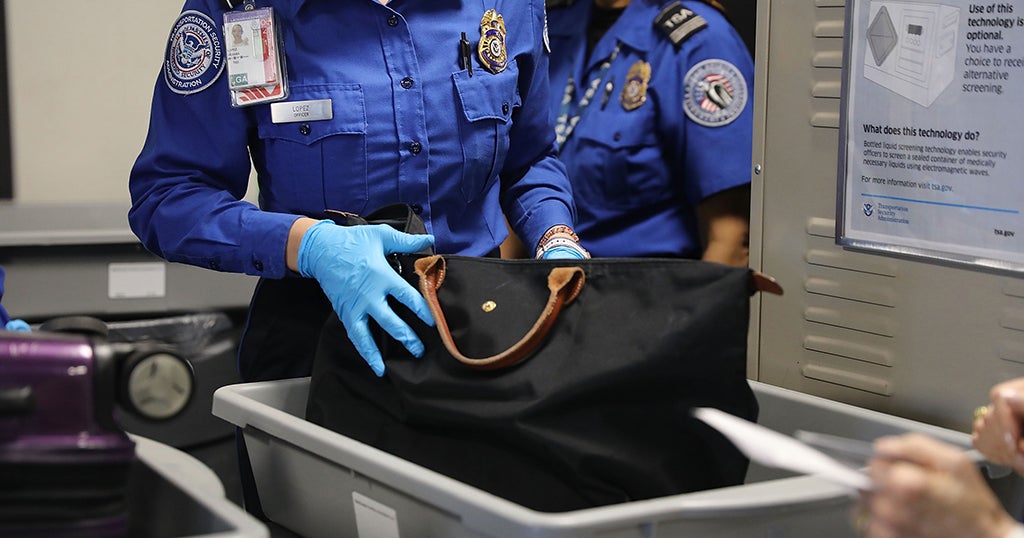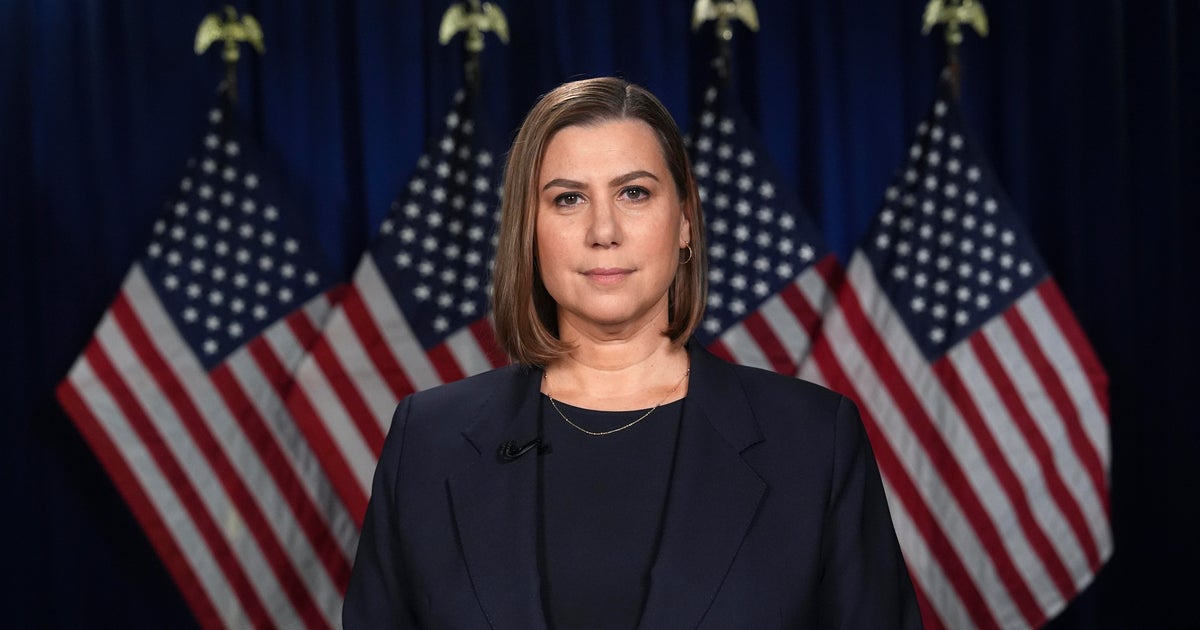How Reps. Steve Scalise and Cedric Richmond navigate race in politics
Reps. Cedric Richmond and Steve Scalise don't always see eye-to-eye on policy solutions related to issues of race -- or even how to frame those issues in the first place. But their friendship allows them to hash out differences as they search for solutions, they told "Face the Nation" moderator Margaret Brennan.
Richmond, a Louisiana Democrat who heads up the Congressional Black Caucus, and Scalise, the GOP whip, have worked on opposite sides of the aisle ever since their days in the Louisiana statehouse.
- Reps. Scalise and Richmond discuss their baseball rivalry
- Transcript: Reps. Steve Scalise, Cedric Richmond on "Face the Nation," June 17, 2018
For his part, Richmond has criticized the rhetoric behind Mr. Trump's "Make America Great Again" slogan, dubbing it, "Make America White Again." Mr. Trump has often cast issues of race in terms of unemployment numbers, which are, he says, the lowest ever.
But there's more to the African-American community than unemployment figures, Richmond said.
"The trend that started under President Obama, which is lowering African-American unemployment," has continued under Mr. Trump, Richmond said. "But, if you think back, American black unemployment was at an all time low during sharecropping and slavery too. It's not the whole story.
"For black parents who have to worry about their black and brown sons and daughters and confrontations with police and community policing and bullying, whether you're in Starbucks, or whether you rent a house on Airbnb, or whether you're barbecuing in the park and you're having the police called on you, the entire story is not just the unemployment rate, when you talk about the wellness of the black community," Richmond continued. "And we're not talking about under-employment also. So it's just -- it's a very kindergarten way of looking at a calculus problem."
Scalise insisted unemployment still isn't a "discardable issue" when it comes to race.
"I mean, we're sitting here in the Lincoln Room," Scalise said. "This is a room where Abraham Lincoln actually used to hang out when he was a member of the House in the 1840s. Abraham Lincoln gave his life to end slavery. Where we're at now, we've got a very vibrant economy. We've got a global economy. And the fact that more African-Americans are being able to become part of the American dream, being able to become part of our middle class, is a healthy thing. It's something we should all be celebrating. I know President Trump celebrates it."
But Scalise declined to reiterate an opinion expressed by Sen. Tim Scott, R-South Carolina, after the violence in Charlottesville, Virginia, that led to one death last summer. Scott told "Face the Nation" in April that he doesn't believe Mr. Trump is racist, but racially insensitive, after the president said there was "blame on both sides" in Charlottesville. Instead, pressed by Brennan, Scalise again focused on the tax cuts the GOP and Mr. Trump helped pass as something that helps middle-income and lower-income families.
There are simply some things, Richmond said, that Scalise will never understand -- and that's where their friendship comes into play.
"And he will never understand it, if we're not talking about it, so part of what we have to do in this country, although the last, you know, the Starbucks and all of those incidents were made public," Richmond said. "But part of I think the importance of the relationship is to let them know that that's not anomalies that are happening. You know, it happens to people like me, like that every day. And Tim Scott said the same thing about walking around this institution. So we have those conversations. I don't think there's a hard way or easy way to solve it."
Richmond said he and Scalise discussed the Baton Rouge, Louisiana, incident in which two white police officers shot Alton Sterling, a black man, and the need for discussions on community policing and police engagement.
With Scalise's encouragement, Speaker of the House Paul Ryan created a commission to talk about community and police relations.
"And that is an area where we can work together to try to improve a situation we both agree is bad," Scalise said. "And again, how you best do it, I think we're both trying to figure out that road because it is a real problem and it needs to be addressed."



